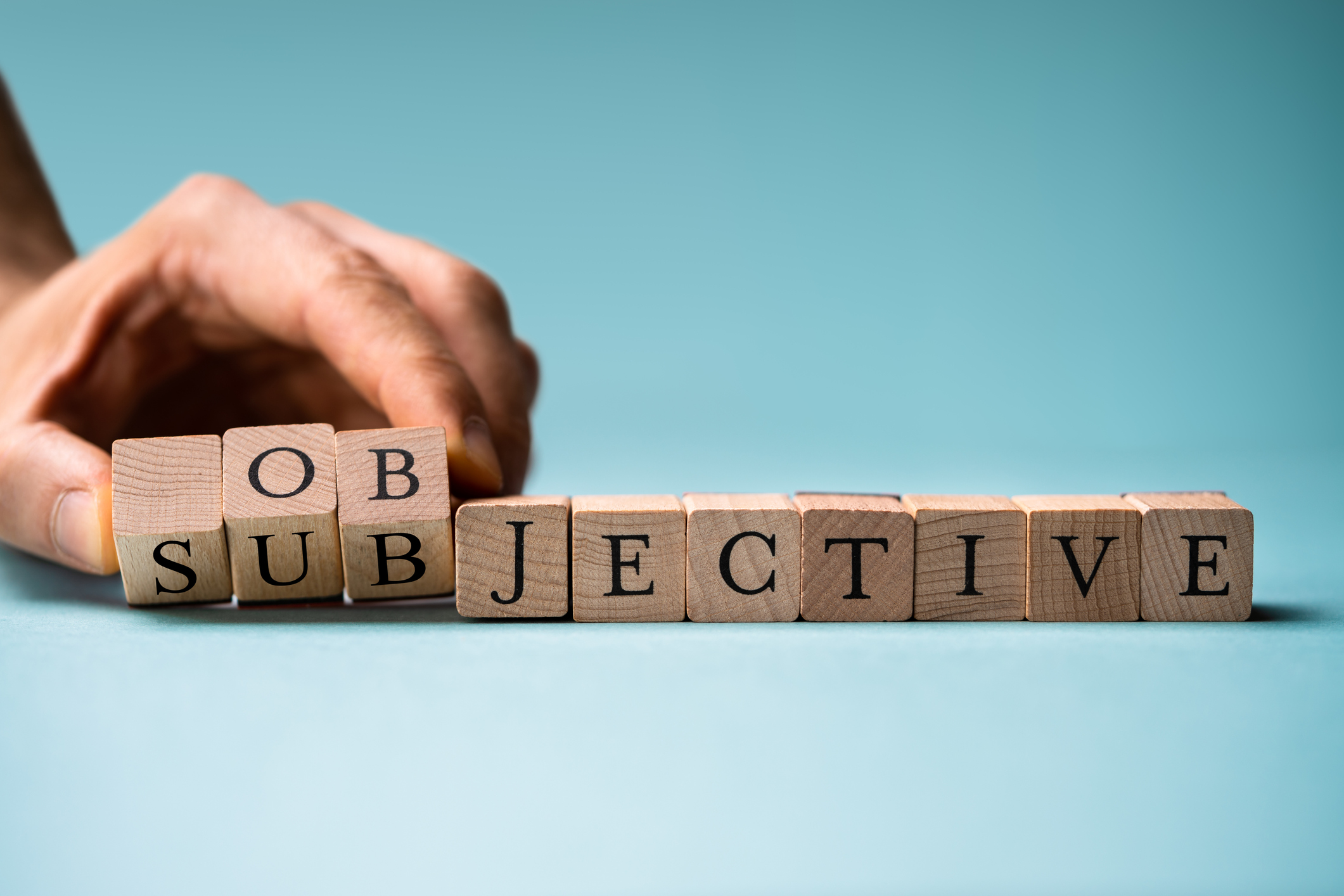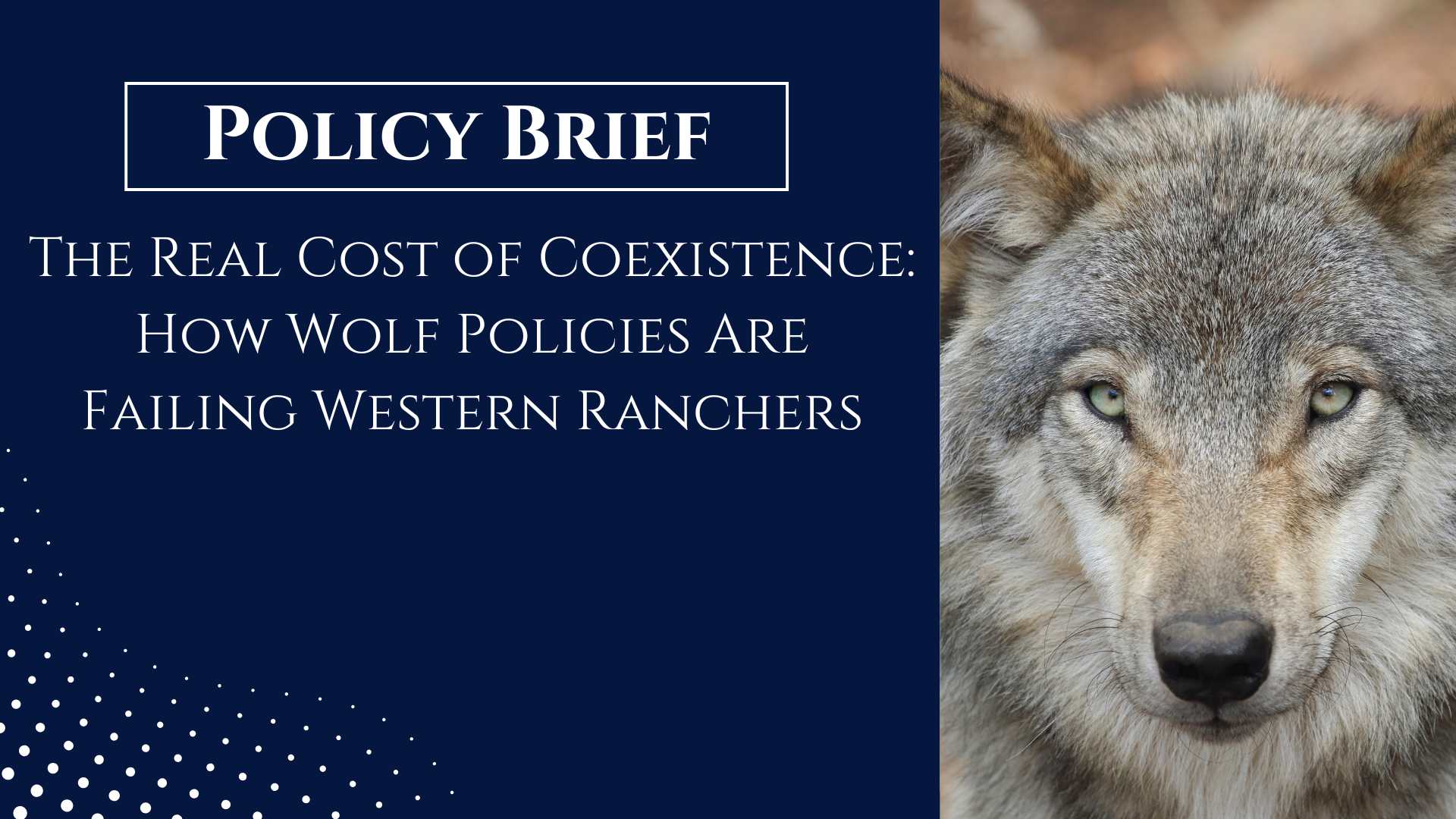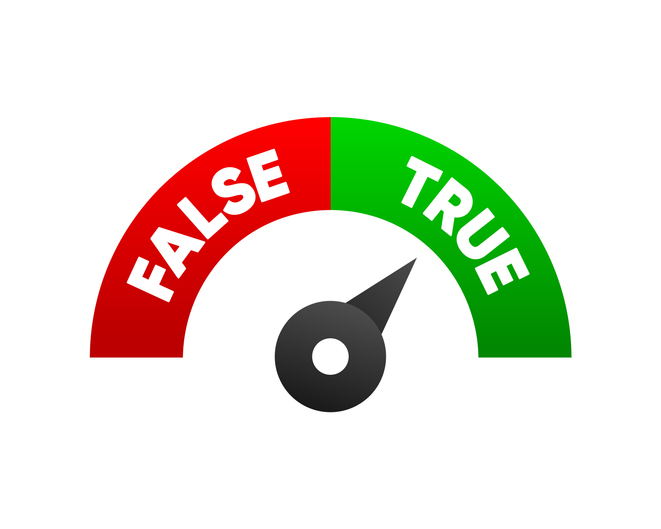The state’s new CO2 cap-and-trade system took effect January 1 and there is a great deal of concern about what it will cost consumers. Recent testimony from Washington State Department of Ecology staff shows how contentious the discussion has become with staff admitting that businesses fear the “sudden increases may drive them out of business.”
Speaking before the State Senate Energy, Environment, and Technology Committee, Ecology staff took a combative tone, leveling several accusations at those who disagreed with them. At one point the committee chair had to scold Ecology staff, telling them to tone down the rhetoric and “keep it factual.”
During the hearing, Ecology staff repeatedly bounced between contradictory positions. Rather than providing information to the legislature that would help them provide oversight of the law they adopted, much of the testimony from Department of Ecology staff involved word games and blame shifting.
For example, Ecology staff claimed alternately they didn’t know what the cost impact of the new tax on CO2 would be but also that cost projections higher than theirs were “exaggerated.” They claimed companies didn’t have to pass along the costs, but also that the system would keep costs low for businesses “and their customers.” They claimed the cap-and-trade system didn’t “impose a tax on fuels or any other product,” but acknowledged that companies did, in fact, have “compliance costs” under the law. They accused gas distributors of “price gouging,” then claimed those same companies would keep costs low to maintain a competitive position. And they claimed the impact of California’s CO2 cap-and-trade system couldn’t be known, even as the state of California says it can.
Here are five of the claims made by Ecology staff that are inaccurate or misleading. Tomorrow, we will publish an examination of another four claims about the potential cost of the CO2 tax.
“No entity has yet incurred compliance costs.”
Luke Martland, Ecology’s implementation manager for the CO2 cap-and-trade system, claimed that there shouldn’t be any impact on gas prices now because no company had yet to pay for CO2 allowances. This is simply not true.
Under the cap-and-trade system, all companies selling fuel that emits CO2 when burned, like gasoline or propane, must purchase allowances from the state to cover those emissions. These allowances are auctioned off by the state. In 2024, companies must turn over enough allowances to cover the fuels they sold during 2023. Since the ultimate bill isn’t due until 2024, Martland claims, nobody has incurred any costs. He is insinuating that businesses shouldn’t be raising prices now since the bill isn’t due until next year.
This is nonsense. As of January 1, every gallon of gas, natural gas, propane, and other CO2-emitting fuels sold in Washington state creates a liability for the companies that sell them. That liability is a real cost, even if the actual tax bill isn’t due until next year.
If I don’t withhold taxes from my paycheck, it doesn’t mean I haven’t incurred costs. I still must prepare for my tax liability, even if I am going to pay it next April 15. Similarly, if I purchased a trip to Bora Bora on my credit card, it would be absurd to say I hadn’t incurred costs because the credit card bill isn’t due for a month.
Liabilities are costs, and every business must plan for those liabilities and adjust their pricing and operating costs to account for them. To fail to account for those liabilities would be irresponsible and, for publicly traded companies, potentially illegal.
“Cap-and-invest does not impose a tax on fuels or any other product.”
This is false. There are two aspects of this claim that are false and misleading.
First, the cap-and-trade system sets a minimum price for allowances of $22 per metric ton (MT). Paying the government a fee for every unit of a product is commonly understood as a tax. Ecology staff attempt to hide that reality in a variety of ways, but whether payments are based on a gallon, a metric ton, a liter, or anything else, the obligation to pay the government is a tax.
Later they claimed that “the emissions” from fuels, not the fuels themselves, are covered by the system. But that is not how the system works. Allowances aren’t purchased when fuel is burned. They are purchased when the fuel itself is sold. If I purchase propane and it sits in a tank for years, I don’t pay when I finally burn it – creating emissions – to cook a nice steak. The distributor of propane (and propane accessories) pays when it is brought into the state, before it is burned.
This is a tortured and misleading effort to avoid the word “tax” for political reasons.
“Businesses are not required by Ecology to change operations or to raise prices.”
Another obtuse claim from Ecology staff where they argue that just because the state is raising taxes on businesses doesn’t mean those companies must increase prices to pay for those taxes. They pretend that the consequences of high taxes aren’t the fault of the policy, but the way people respond. It is bureaucratic blame the victim.
Martland went on to complain that fuel distributors are adding a surcharge to cover their tax liability. He lamented that some companies complained about these surcharges because “these sudden increases may drive them out of business.” But he doesn’t blame the government’s policy. He blames companies for responding in exactly the way WPC and the laws of economics predicted those companies would. It is just a political effort to shift blame to someone else.
No other jurisdiction that has a CO2 cap-and-trade system, or is considering one, plays this game of pretending the costs won’t be passed on. In California, the Legislative Analyst’s Office is clear that the cap-and-trade system increases the price of gas. In New York, Governor Kathy Hochul is proposing a “cap-and-invest” program like Washington’s, her first bullet in describing the program is a “universal Climate Action Rebate to mitigate consumer costs.” Only Washington’s Ecology staff play this disingenuous game of pretending that costs won’t be passed on to consumers.
All of this is particularly strange because the purpose of putting a price on CO2 is to encourage people to switch from fossil fuels to CO2-free sources of energy. Early in the hearing, the committee chair, Senator Nguyen, even said “Some folks want it [the cost] to be higher” to create a larger incentive to switch. Pretending that the system won’t raise prices is not credible when the very purpose of pricing CO2 is to raise prices.
“Well, we don’t know what the allowances cost yet. Let the program, and I’m talking about cap-and-invest function, get a couple of auctions under our belt, let’s see what the allowance prices are at.”
Despite claiming that some cost estimates are too high, at other times, Ecology staff claimed that no cost estimates could be made because the first auction for allowances wouldn’t occur until the end of February.
This is an ironic defense. The reason we don’t have certainty about the prices is because rather than hold an auction and setting the price of allowances before the obligations began, Ecology failed to put the system in place in time. Fuel distributors are incurring liabilities right now, they just don’t know the exact amount because Ecology can’t tell them.
It is pretty bold to weaponize Ecology’s own failure to put the system in place against those who are trying to deal with the uncertain costs of that system.
“Any economist will tell you that the cost of regulation is a small driver.”
To minimize the impact of cap-and-trade on gas prices, Joel Creswell claimed that regulation and taxes have a small impact on the cost of gasoline. He went so far as to claim in his presentation, “Gas prices are driven by world events and supply disruptions, not individual state policies” (my emphasis). This is obviously not true.
A simple comparison of gas prices in California and other states makes it clear. California’s prices are routinely more than a dollar per gallon more than other states like Colorado. State policies can have a significant impact on gas prices as leading energy economists note.
Not only do economists acknowledge that state policies can drive prices, one of the leading energy economists demonstrated exactly that just one day before Creswell testified.
Severen Borenstein, a researcher at the Haas Energy Institute at the University of California Berkeley, outlines the various prices that make up the cost of a gallon of gas in California. He noted that when the price of a gallon was $4.32 in California, the cost of the crude was $81 a barrel, accounting for $1.94 of the price of a gallon. Next, he notes that the various taxes and regulations, including a gas tax, the costs of cap-and-trade, the LCFS, and other regulations, add $1.27. That is about 30 percent of the total cost. All other costs combined, including profit, account for the remaining $1.11. Contrary to Creswell’s claim, taxes and regulations play a significant role in the cost of a gallon of gas.
In the hearing, Creswell mentioned the change in prices and if challenged he would likely engage in a bit of motte-and-bailey and retreat to claiming he was talking only about the change in prices. But that is not what he wrote on his slide. He didn’t say that changes in gas prices are driven by world markets, but prices themselves.
Additionally, market prices may drive the price of gas down. The costs of regulation and taxes rarely (or never in Washington state) go down. Saying that the costs of taxes and regulation are consistently high is not something to brag about.






